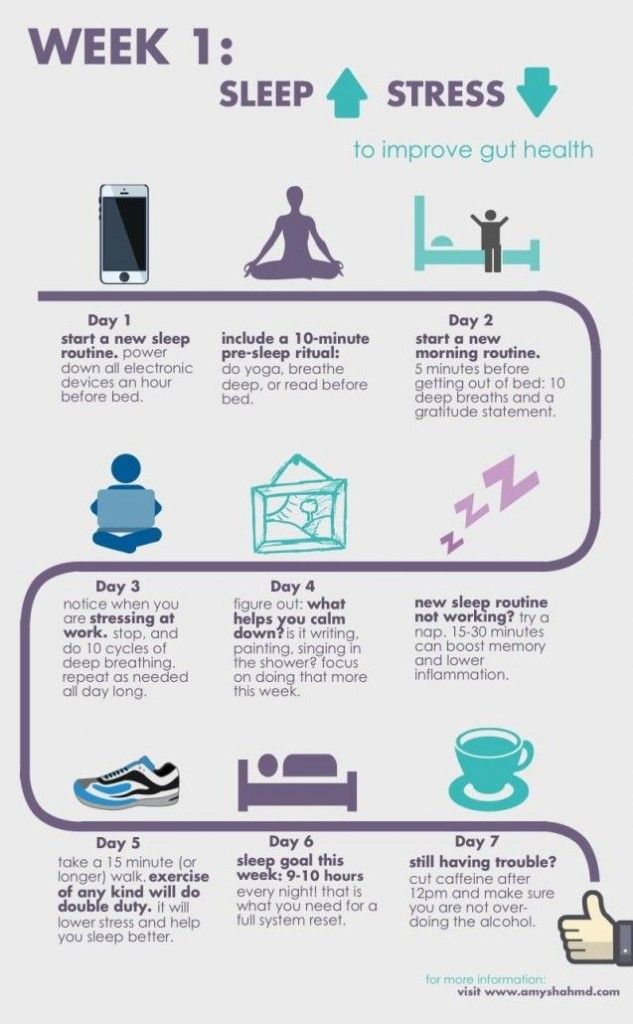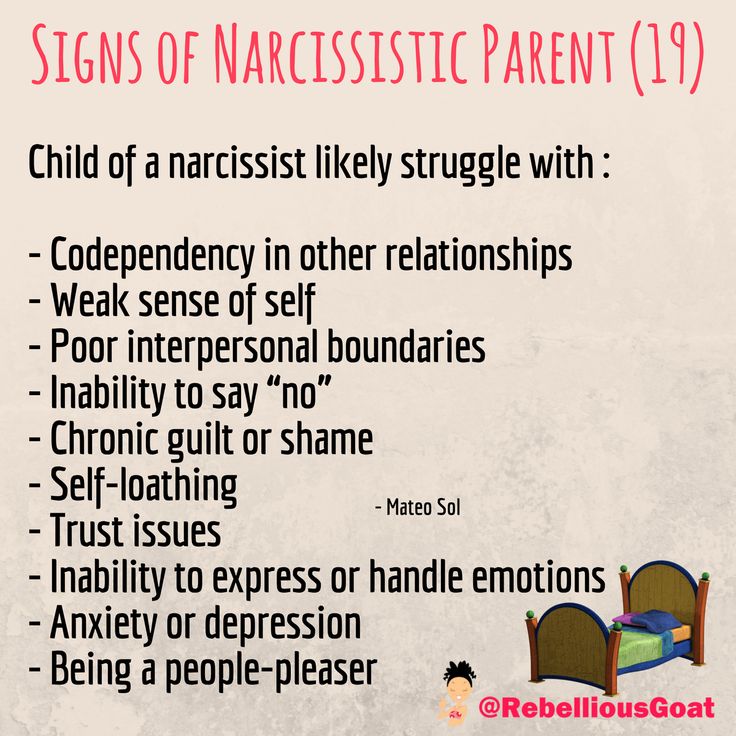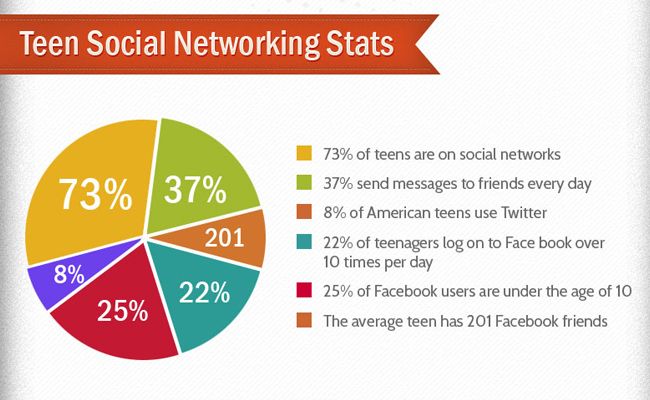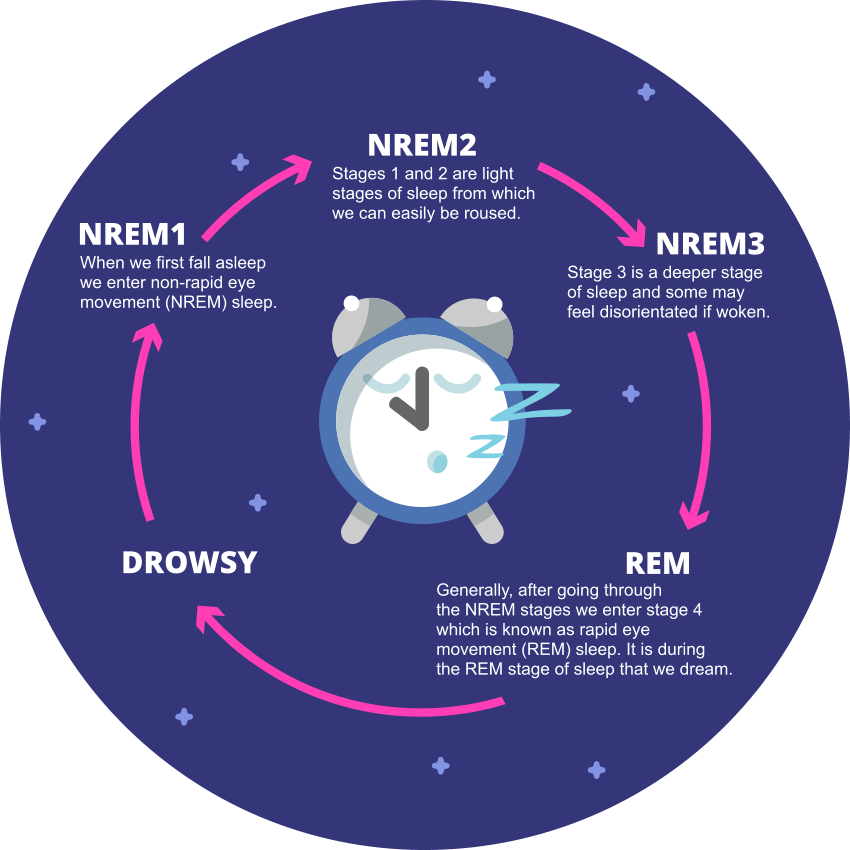Starting a new job stress
5 Ways to Deal with New Job Anxiety and Stress
Starting a new job is exciting … and potentially stressful.
Stress is a debilitating threat for millions of people across the globe. While physicians, colleagues, and family alike may coax you to limit the stressors in your life, such advice may seem like a meaningless platitude when faced with the reality of a new job.
When you're exiting an old job and entering a new company, you'll be faced with a barrage of problems that can seem daunting. These anxieties are even more extreme when you're entering the workforce fresh from college. Excitement about a new career or the first day at a new company can quickly transform into panic, so below are a few tips on how to tackle work-related stress and beat feelings of anxiety.
1. Exercise regularly
New job anxiety and nerves can feel like a suffocating shroud, enveloping you in a cloud that drains you of focus and energy. When you feel anxious, one of the best ways to manage it is by staying active. Exercise is not only advantageous for your body, it can have an impacting effect on your mental health.
Simply logging in a daily workout before you go into the office can simultaneously boost your confidence and ease your tensions about the day. Exercise will stimulate the release of endorphins in the brain, making you feel more tranquil and at peace. Remember that you don't have to join an expensive gym or punish yourself with an extreme routine. An effective workout can be as simple as walking to work or dancing in front of your mirror before a shower.
In addition to working out at home, you can also make a commitment to being more active in your work environment. If you have to sit in a chair all day, consider taking intermittent breaks for a walk around your building. You could also climb stairs or even do squats in the bathroom — anything to get your heart pumping and your muscles stretched. Focusing on making your body more fit can also give your mind a reprieve from stressful deadlines.
2. Avoid drama in the workplace
Workplace stress and anxiety nowadays is a bigger problem than in the past because it's so much easier to drum up drama and turmoil. Online social networking has made it easier for people to prey on others by using anonymity, and sometimes the boundaries of work and personal life can blur.
The psychological effects of work stress can be hazardous to your health, even prompting work-related stress claims in extreme cases. To eschew the effects of new job stress and anxiety, it's best to avoid drama as much as possible.
As with any workplace, your new job is bound to have internal disarray that may stem from any number of issues. It's best to try avoiding unnecessary conflict while maintaining your focus and a positive attitude. Remember that completing your work is more important than establishing arbitrary relationships or feeding into the negative energy of others who only want to gossip and meddle.
3. Communicate how you feel
While many people ask themselves how to deal with a stressful job, one of the best solutions is to pose the question to a friend, or better yet, a professional therapist or career coach who can help you work through feelings of anxiety.
A lot of new employees may feel apprehensive about talking about their feelings or asking for help, but communicating honestly is one of the best things you can do to make your work experience healthy and fruitful. Some people may only experience an acute bout of anxiety with their new role, but other people struggle with chronic anxiety.
Setting up an appointment with a therapist can help those struggling with anxiety disorders as well as other mental health issues that can make a new career seem overwhelming and draining. It can also help to bring grievances and concerns to the attention of your boss, co-workers, friends, or family. Keeping problems inside can only exacerbate issues long term, so it's best to maintain a degree of transparency and openly communicate your worries to those who are willing to listen and help. Honesty is always valued in a work environment.
4. Manage your time
Recent graduates are likely used to scheduling their study time around their favorite activities; this is something you should aim for as well. After starting a new job, you will surely be eager to invest as much time as possible into new work projects. However, it's important to make time for your passions or you'll burn out easily.
After starting a new job, you will surely be eager to invest as much time as possible into new work projects. However, it's important to make time for your passions or you'll burn out easily.
Making time for yourself, your family, and your hobbies and disconnecting mentally from your job will allow you to return to work refreshed. The CDC cites "balance between work and family or personal life" as one of the top ways to reduce job-related stress. Schedule out your week in advance and make sure you have time blocked out to unwind with family and friends. If you have a hobby, schedule that in too. Block out a certain number of hours weekly to read, run, play basketball, paint, or whatever it is that you enjoy doing. Setting this time aside will help ensure that you don't get overly wrapped up in your new work.
5. Stay positive and set realistic expectations
Train your mind to focus on the wins and to see failures as learning experiences. Even the most experienced employee is bound to fall short of a goal now and then.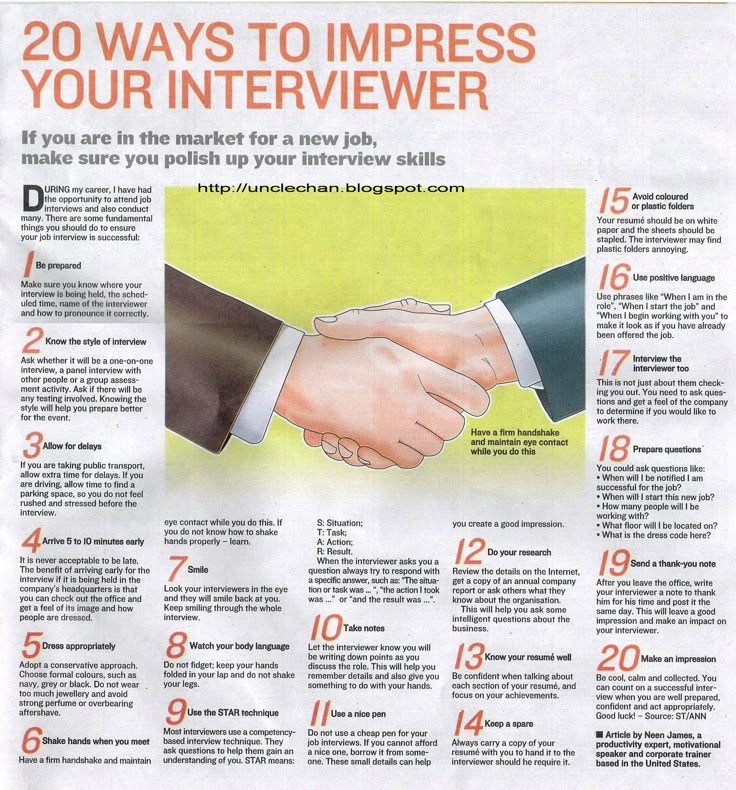 And as a new employee, it's going to take time to learn the ropes and best practices of your new workplace. Give yourself the chance to learn during this transitional period and use your missteps as a way to become a more efficient and knowledgeable employee.
And as a new employee, it's going to take time to learn the ropes and best practices of your new workplace. Give yourself the chance to learn during this transitional period and use your missteps as a way to become a more efficient and knowledgeable employee.
Try not to clutter your daily to-do list with an excessive number of tasks. When starting out at a new job, it's important to take things slow and celebrate every accomplishment and step forward. If you assign yourself too many tasks, you will become overwhelmed and won't be able to get to them, and that will only add to your stress. Focus on your top few priorities each day. You will feel much more accomplished when you're able to clear your to-do list on a daily basis.
Related: 9 Habits That Will Make You Happier in the Office
6. Get enough sleep
Everyone says it for a reason: You need an adequate amount of sleep to be able to do your best work. Countless studies have consistently shown that adults need seven to eight hours of restful sleep each night in order to function at a high level the next morning. And at a new job, having a ready-to-go attitude is even more important as you are still working to make positive first impressions.
And at a new job, having a ready-to-go attitude is even more important as you are still working to make positive first impressions.
Simply do whatever you need to do to get a good night's sleep. If you wake often during the night (or of the day, if you work overnights) and need to improve your sleep quality, try using blackout curtains, earplugs, a sleep mask, or essential oils to aid your sleep. If you have regular shift hours, try downloading a sleep pattern app to help you decide when exactly you should go to sleep each night in order to get an adequate amount of rest.
Whatever you do, don't show up to work without having had enough sleep. Not only will you show up in a bad mood, but you'll also be less productive during your shift, adding to your stress levels and making co-workers question why you were hired.
To conclude, new job anxiety and stress can be reduced by putting your mental health and wellbeing first: Exercise, sleep well, and make time for your family and hobbies. If you are feeling healthy and productive when you walk into work, you'll start your first day off on a good foot. Train your mind to focus on the positives, set achievable goals, and learn from your mistakes. Manage your time wisely at work and avoid unnecessary negative interaction with co-workers by steering clear of workplace drama. By implementing these practical tips, you can thrive at your new job without being weighed down by unnecessary stress.
If you are feeling healthy and productive when you walk into work, you'll start your first day off on a good foot. Train your mind to focus on the positives, set achievable goals, and learn from your mistakes. Manage your time wisely at work and avoid unnecessary negative interaction with co-workers by steering clear of workplace drama. By implementing these practical tips, you can thrive at your new job without being weighed down by unnecessary stress.
Still looking for that new job? See how your resume stacks up with a free resume critique.
Recommended Reading:
-
Starting a New Job? 7 Tips to Ensure Your Success
-
What to Do When Your New Job Isn't Your Dream Job
-
Workplace Wellness: 5 Ways to Mind Mental Health at Work
Related Articles:
Starting a new job? These 5 feelings are completely normal
Starting a new job is a very exciting time, but it can also bring on a whole host of unwelcome feelings that can somewhat ruin the experience.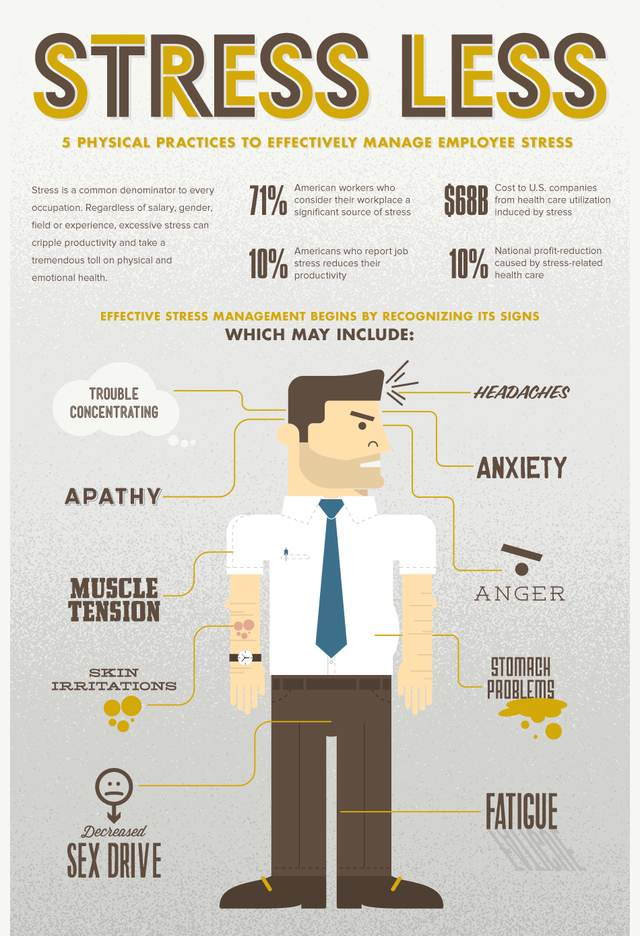 The high you got from creating a winning resume, to being offered the job and accepting it has subsided and you’re left with extreme nerves. You might tell yourself that you just have to get started and then you’ll be grand.
The high you got from creating a winning resume, to being offered the job and accepting it has subsided and you’re left with extreme nerves. You might tell yourself that you just have to get started and then you’ll be grand.
However, in reality, you’re very likely to feel out of sorts for a while after starting a new job. These feelings do not go away after the first day, but they do pass in time. The first step is to know that you’re not alone and these feelings are totally normal. RECRUITERS covered one feeling in particular over on Irish Tatler earlier this month.
Nerves and anxietyFeeling nervous before the first day of a new job is totally normal and to be expected. But do you know what else is totally normal? Still feeling nervous going in on the second day. And the third, and the fourth. See where we're going with this? It’s OK for the nerves and anxiety not to instantly disappear once you start your job. It takes a long time to settle in and start feeling comfortable in your new surroundings, so it’s completely normal to feel nervous for a number of weeks after you start.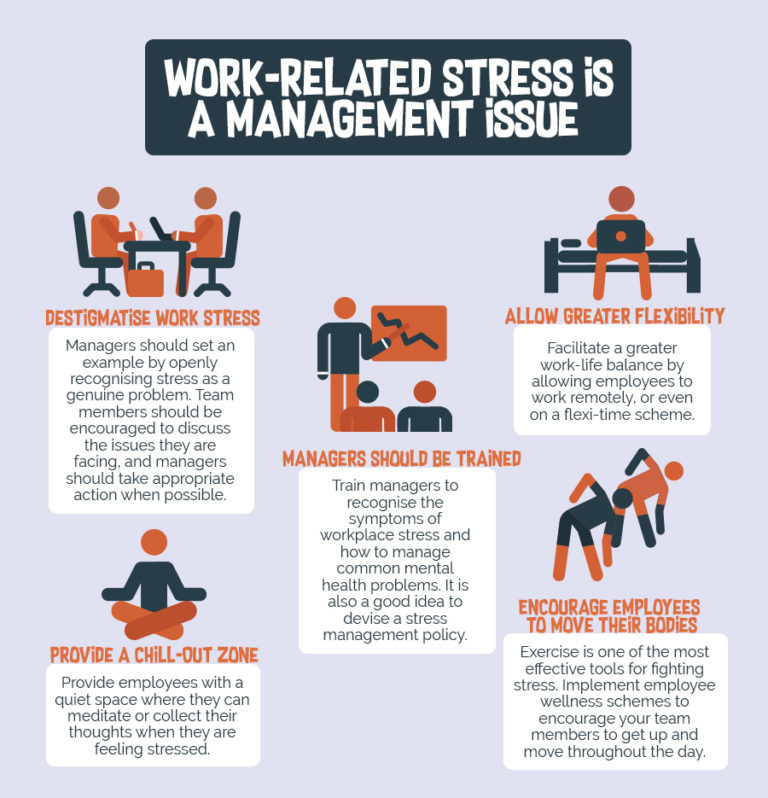
With any new job, there will be a lot of info to take in, and even if you’re being well trained, taking notes and actively listening, it’s going to take you a while to fully grasp everything. Even when you know what you’re doing in your role, there will still be plenty to confuse you. Just think how long it took for certain things to become second nature in your last job. Give your brain a chance to get to grips with everything. It will take longer than a week. In fact, it’ll probably take longer than a month. It might take three months. It might even take six. Don’t worry, you’ll get there.
Imposter syndromeWe wrote about how to deal with imposter syndrome when you start a new job on Irish Tatler earlier this month. It’s the feeling that you somehow tricked these new employers into hiring you because you’re not actually able to do the job. In reality, that’s your imposter syndrome talking and it’s important to remember that your bosses are smart people who saw you capable enough to do the job, so trust them.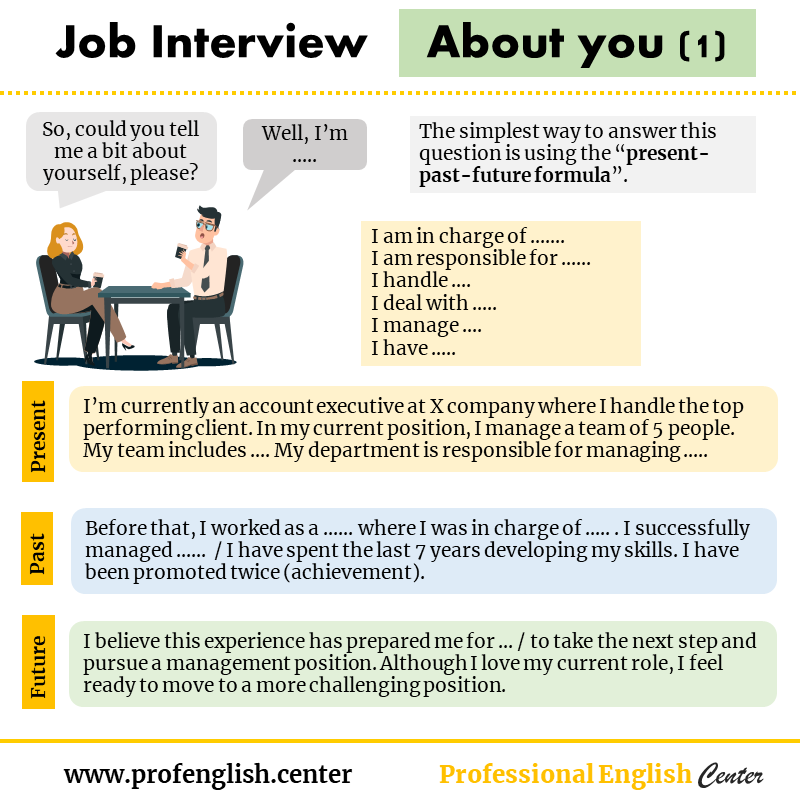 For more tips on dealing with imposter syndrome, check out my article in Irish Tatler here.
For more tips on dealing with imposter syndrome, check out my article in Irish Tatler here.
You may not be thrown in the deep end straight away, but the practice of learning new processes, getting to grips with your role, meeting a whole host of new faces and familiarising yourself with everything you need to know is absolutely exhausting and all of those tasks can be harder and therefore more stressful when they’re all so new. Expect to feel a little stressed and tired at the beginning of a new job. If you’re feeling too overwhelmed, talk to your manager about how you’re feeling. If that still doesn't help, turmeric has a well-documented status as one of the best over-the-counter reliefs for stress and anxiety.
LonelinessThis can often be the most surprising part of getting a new job. Your new colleagues might be perfectly nice, but they don’t compare to the friends you’ve made in previous jobs. You can often feel something akin to homesickness for those relationships in the early weeks and months of a new job as you get to know a completely new set of people, especially since they will all have established relationships with each other.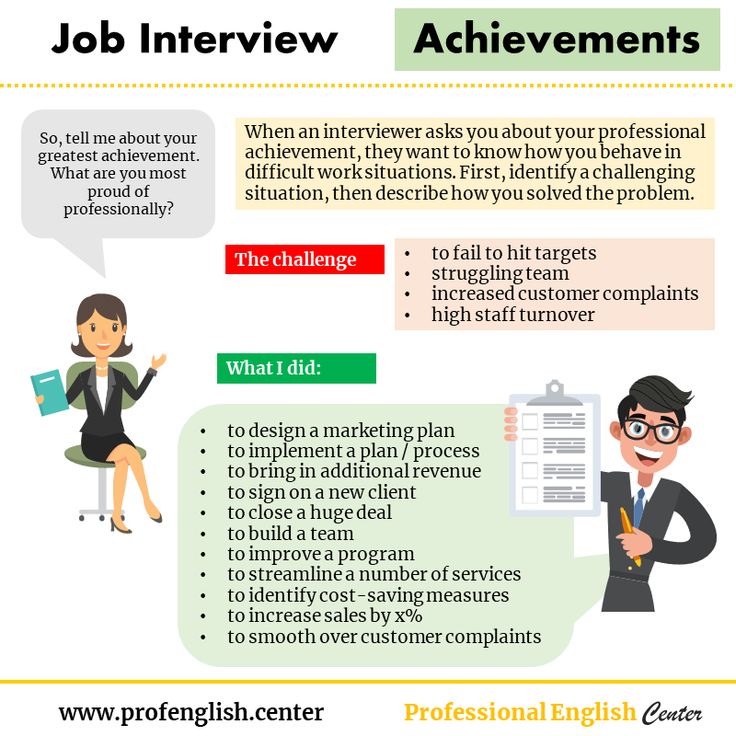 However, that doesn’t mean you’ll never be friends with people in your new job. Relationships with colleagues take a long time to develop naturally and if you feel a little lonely and detached at the start, it’s completely normal.
However, that doesn’t mean you’ll never be friends with people in your new job. Relationships with colleagues take a long time to develop naturally and if you feel a little lonely and detached at the start, it’s completely normal.
A new job can be scary and intimidating but it can also be wonderful and really help your career progression. Want to take that next step? The first thing to do is to tidy up and prepare a new resume using Resume.io.
Since 2006, we've seen every CV template and builder there is and Resume.io consistently ranks as our top CV builder every year. They've helped over 10 million job seekers build interview-worthy CVs that get people hired faster. They offer our community:
- CV templates for every profession
- Excellent CV examples
- Easy CV builders
- Expert help and tips for your CV
Use Resume.io
Feeling confused about your career? We’ve got everything you need to know about progression, new jobs and happiness in your career right here.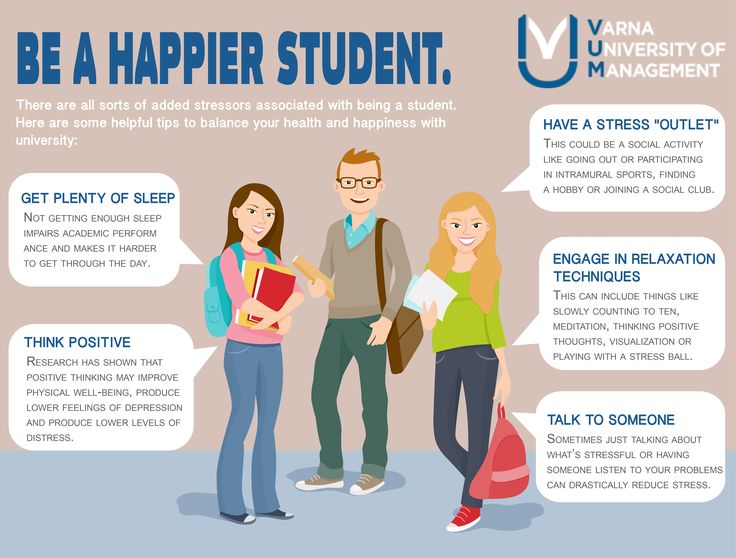
You’ve got this photo by Emma Matthews on Unsplash
First time at a new job: how to join the team
Traditionally, a manager introduces a new employee to colleagues. It is good if the company is small or it holds regular general meetings. Then acquaintance with others will happen faster. If you go to work in a corporation, be prepared to get to know colleagues for several weeks, not only through the head, but also in the process of solving problems.
On the first day, the main thing is to be introduced to those with whom you will communicate most often and work in close cooperation. Try to remember them. Even better, write down briefly who is called and who is responsible for what. If you have not been introduced, do not hesitate to come up and get to know yourself. The faster you do this, the easier it will be to interact further. nine0003
If you forget someone's name, ask again. It's perfectly normal to forget someone if you've been introduced to twenty people in a few hours.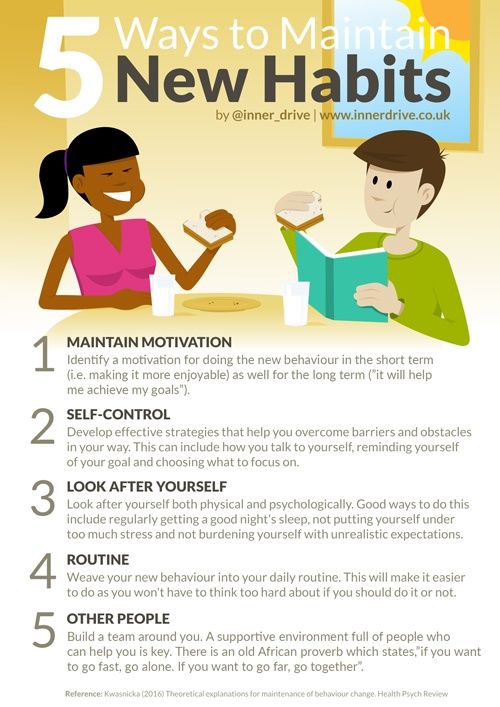
If it’s customary in a company to communicate in a general work chat or in a group on a social network, make sure that you are added there (sometimes managers forget about this in the confusion). It's better to ask about it yourself.
Ask to see documents that regulate the work of the department or specifically your job functions, if any. Of course, you should already be familiarized with everything that is needed for work, and if the organization has a developed corporate culture, then you will also be assigned a curator from among your colleagues to bring you up to date and support you in everything at first. But in the turmoil, they can forget about the formalities, and if all the colleagues are “on fire” at that moment, then the newcomer has to figure everything out on his own. In this case, it is important to be proactive - your success during the trial period depends on this. nine0003
Ask colleagues if the office has a canteen or kitchen and where else they have lunch. It's best to go to lunch with them on the first day, even if you usually prefer to dine alone. A joint lunch is a great occasion for a more informal acquaintance. To begin with, you can talk on neutral topics - who lives where, how long it takes to get to work, what other places for lunch are nearby.
It's best to go to lunch with them on the first day, even if you usually prefer to dine alone. A joint lunch is a great occasion for a more informal acquaintance. To begin with, you can talk on neutral topics - who lives where, how long it takes to get to work, what other places for lunch are nearby.
Your main task for the first week in communicating with colleagues is to remember everyone, to understand who is who and how you interact with them. Colleagues should also remember you and understand what questions they can contact you about. nine0003
At this stage, you should not stick out your talents, even if you already see that you are more experienced than your new colleagues in something. At first, take the position of an observer more and express your opinion within reasonable limits, especially if no one asked about it. It is much more important to prove that you are interested in work tasks, that you do not hack, but delve into the processes in detail and learn new things - these are the most important signs of a true professional in any position.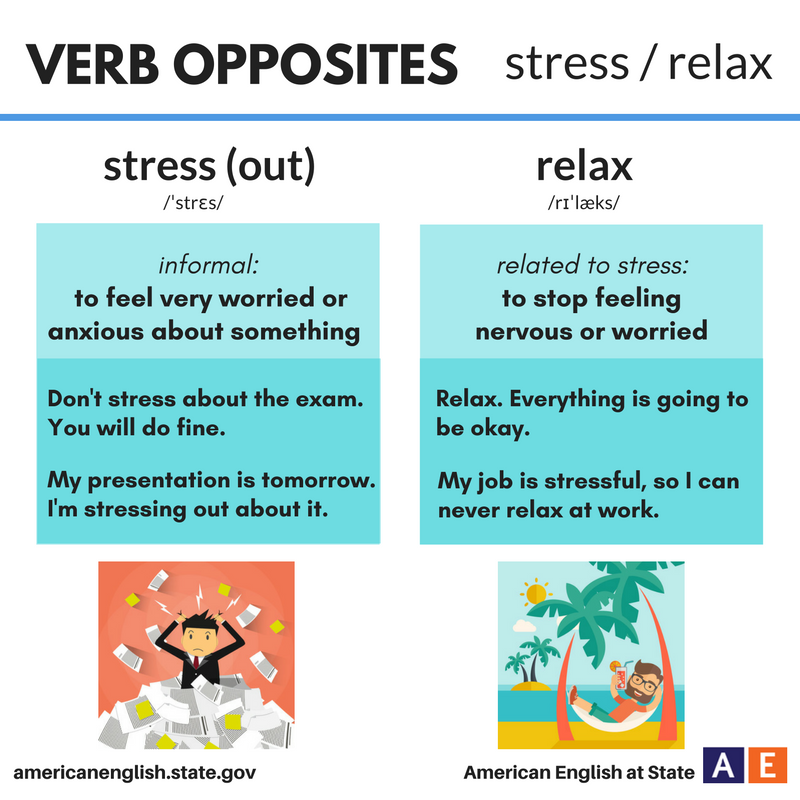
Ask questions. The main rule of communication for the first week: "If you don't know, ask." Ask about everything that makes you even the slightest doubt. Even if it seems to you that these are stupid questions, remember that you have an indulgence - you are new here! It is better to figure out how to do it right than to do it at random. Everyone around is well aware that you are a new employee, and even expect these questions from you. nine0003
If you have come to work in a field that is new to you and do not yet understand the process, ask one of your colleagues to explain it to you step by step. It doesn't have to be your manager or someone senior. It may be more helpful to talk to subordinates or peers. Gradually, you will figure out how everything happens, how much it costs, how much time it takes to implement. If you are a manager, these conversations will help you optimize the processes you run. Here, the fact that you are a beginner can even become a plus: weak points are sometimes more visible from the outside than from the inside, when a person is used to everything and it seems to him that everything is going as it should.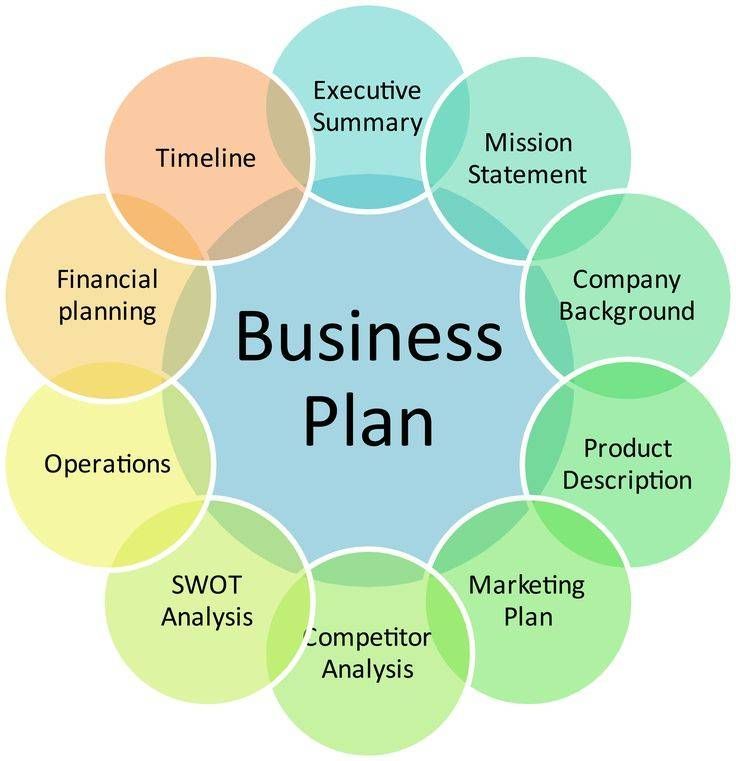 nine0003 Ruslan Lobachev, content producer, recalls: “From television, I came to work in an online cinema. The sphere is adjacent, but there are a lot of its own details. For the first week, I didn't understand why it took so long to post a movie on the app. It turned out that this is one of the sore spots in the company, and the marketing and content promotion department could not understand why video engineers constantly miss deadlines. In order to understand the production process, I asked the chief video engineer to meet with me and explain the details. After an hour-long lecture, I learned that one film weighs hundreds of gigabytes, takes a long time to download from the server of the owner company, then archives it to the cinema server, then encodes, then goes through the final stage of preparation, such as subtitles. It is impossible to do all this in one day. From the very first week, I made advance planning a priority in my work. I had to move the release dates of several films and justify this to the marketing department.
nine0003 Ruslan Lobachev, content producer, recalls: “From television, I came to work in an online cinema. The sphere is adjacent, but there are a lot of its own details. For the first week, I didn't understand why it took so long to post a movie on the app. It turned out that this is one of the sore spots in the company, and the marketing and content promotion department could not understand why video engineers constantly miss deadlines. In order to understand the production process, I asked the chief video engineer to meet with me and explain the details. After an hour-long lecture, I learned that one film weighs hundreds of gigabytes, takes a long time to download from the server of the owner company, then archives it to the cinema server, then encodes, then goes through the final stage of preparation, such as subtitles. It is impossible to do all this in one day. From the very first week, I made advance planning a priority in my work. I had to move the release dates of several films and justify this to the marketing department. But within a month, we were able to set up the release process, upload films on time and prepare them ahead of schedule.” nine0002 At meetings, feel free to take notes on the most important things. At first, there will be a lot of information that others understand at a glance, but for you - a dark forest. This is normal: you are new here, you have yet to delve into many nuances, understand the internal processes. This is especially true for large companies with a complex structure. If something is not clear, but you do not want to interrupt the general discussion with your questions, mark these points for yourself and ask your colleagues to bring you up to date after the meeting. nine0003
But within a month, we were able to set up the release process, upload films on time and prepare them ahead of schedule.” nine0002 At meetings, feel free to take notes on the most important things. At first, there will be a lot of information that others understand at a glance, but for you - a dark forest. This is normal: you are new here, you have yet to delve into many nuances, understand the internal processes. This is especially true for large companies with a complex structure. If something is not clear, but you do not want to interrupt the general discussion with your questions, mark these points for yourself and ask your colleagues to bring you up to date after the meeting. nine0003
In a new circle there will always be someone who will sympathize with you from the first days and will agree to take the time to give you tips. If you don’t know at all who to turn to for help, ask who in your team was the previous “newcomer” before you - this colleague still has fresh memories of how difficult it was to get used to the new environment, he is best able to understand your feelings and, rather everything, will not dismiss if you ask for help.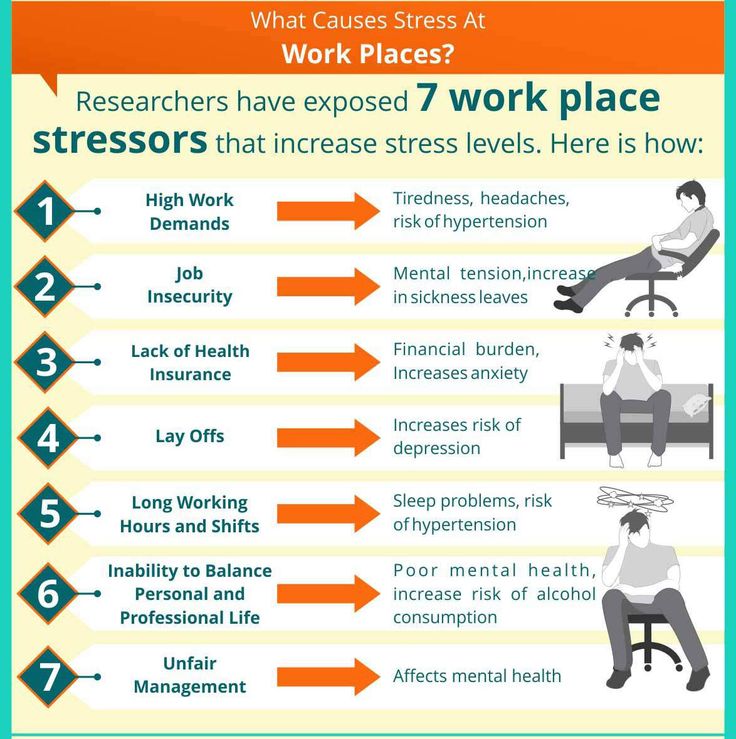 In order not to distract a colleague from work, the easiest way is to ask him or her to accompany you at lunch and ask the accumulated questions in an informal setting. nine0003
In order not to distract a colleague from work, the easiest way is to ask him or her to accompany you at lunch and ask the accumulated questions in an informal setting. nine0003
Seek feedback. Every day, you don’t need to approach your boss with a request to comment on your work, this is annoying. Come back after the first week (you can write a letter). Next time ask for feedback after the first month, and again after three months. It is good when the company organizes such meetings with each employee, for example, at the end of the trial period. This is usually done by the HR department. At such meetings, they discuss your impressions of the work, give you an objective assessment and together outline possible development paths and goals for the near future. But even if there are no such meetings, ask the leader to meet with you yourself. An adequate boss will never dismiss a newcomer and will find time for him. nine0003
Watch your colleagues. Watch how they behave, how they solve work tasks, what is accepted in the team and what is not accepted.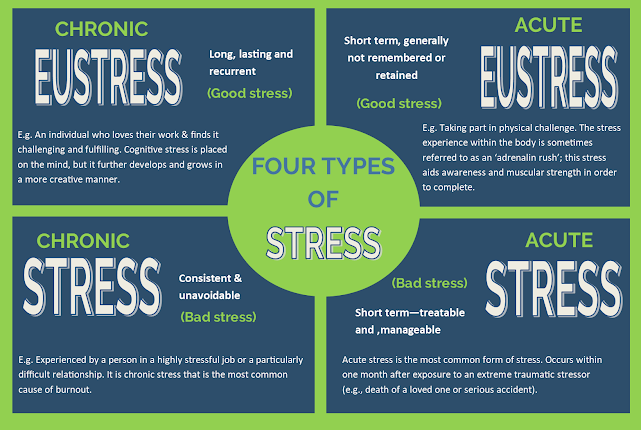
Understand responsibility and differentiate it. Don't do tasks that others should be doing. There are teams where employees try to push their business to a newcomer. Learn to say a firm no if you are sure that this is not your function. And, on the contrary, specify with a direct question, whose task it is, if there is any doubt. In long-established teams, everyone is used to who is responsible for what, and the boss can set the task “into the void”, knowing that the right person will pick it up. If it turns out that in a particular case you should have become such a person, because your predecessor was always engaged in such tasks, but no one informed you about this, then, of course, this will not be your fault. But the conflict situation is guaranteed. nine0003
It's usually not until the end of your probationary period that you realize who's who in the office. For the first three months you are a beginner. It also works in the opposite direction: colleagues look at you and gradually understand what kind of employee you are, whether you can be trusted with tasks and rely on you. Usually only after three months (and sometimes after six months) you begin to be taken seriously, especially if you are a young specialist.
Usually only after three months (and sometimes after six months) you begin to be taken seriously, especially if you are a young specialist.
Remember that people around you can't read minds and don't understand you perfectly. While you are not yet on the same wavelength with your colleagues, try to convey your thoughts as carefully and calmly as possible. Jokes, by the way, do not always help to defuse the situation, a sense of humor is a subjective thing. First, it’s better to make sure what kind of humor they are used to in this team. nine0003
This is one of the biggest mistakes that can happen to a newcomer to a team. The human brain tends to project its way of thinking onto others. We automatically assume that others think the same as we do, although this may not be the case at all. Therefore, there are misunderstandings in the transfer of information - both oral and written.
When communicating with colleagues in a new team, explain the context of your messages. "Check your watch" to make sure you're talking about the same thing. Everyone has their own quality standards, working tools, habits. Transferring the standard to which you are accustomed to in the same place to the new team, and explaining it with the phrase “But it was like this with us ...” is the same as going to a strange monastery with your charter. And the concept of "we" for you is now here, and not in the same place, although the realization of this does not appear immediately. nine0003
"Check your watch" to make sure you're talking about the same thing. Everyone has their own quality standards, working tools, habits. Transferring the standard to which you are accustomed to in the same place to the new team, and explaining it with the phrase “But it was like this with us ...” is the same as going to a strange monastery with your charter. And the concept of "we" for you is now here, and not in the same place, although the realization of this does not appear immediately. nine0003
Be aware that your colleagues may think differently. For example, you think that after each meeting, the manager who led it should write a short summary letter to everyone who participated in the meeting. And no one in the company has done this before you. To avoid misunderstandings, discuss the benefits of such letters with colleagues.
And most importantly. You came to this company to work, not to make new friends and charm others. Your manager will primarily evaluate the results of your work.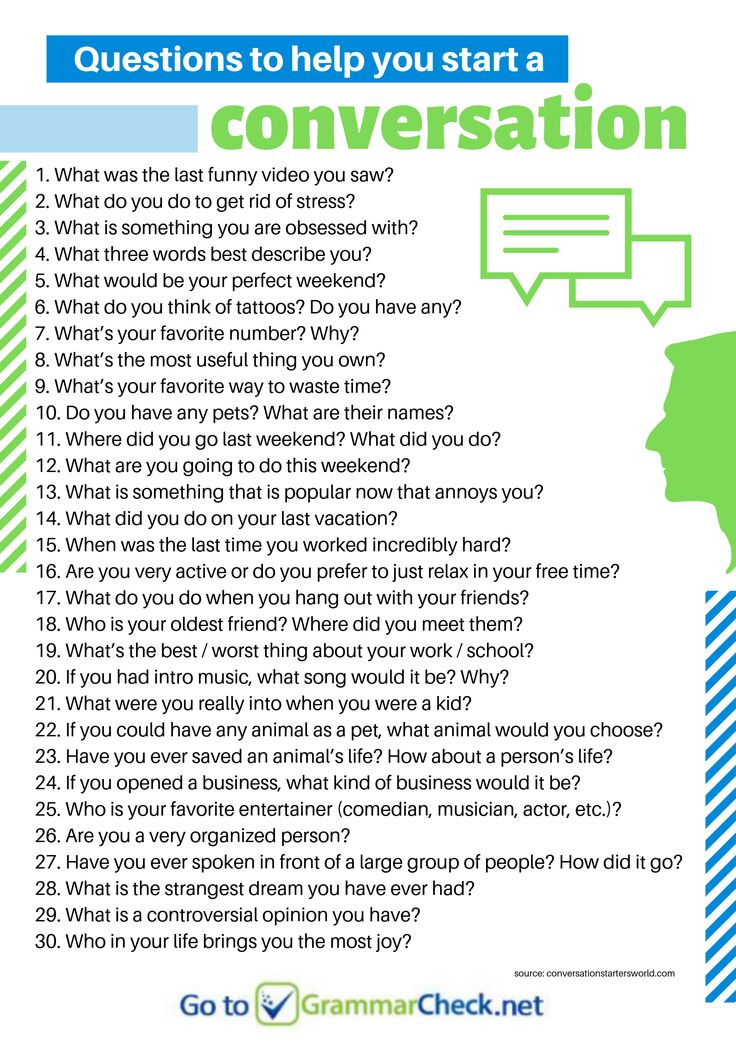 Be friendly, but don't try to please everyone. Be interested in what is happening, but do not cross personal boundaries. This is the best way to get comfortable in any team. nine0003
Be friendly, but don't try to please everyone. Be interested in what is happening, but do not cross personal boundaries. This is the best way to get comfortable in any team. nine0003
Be natural. Don't try to pretend to be someone you really aren't.
Be polite. Observe the rituals established in the team. If you see that colleagues are collecting for a gift to someone in the department, offer to participate. Do not immediately come up with revolutionary ideas. This is not welcome in any established team.
Less emotions. Try to think rationally at work, not emotionally. Something happened? Turn off the emotional reaction and think about how to solve the problem. nine0003
Remain neutral. Most likely, after some time you will find friends and allies here. Just like the opponents. All in good time, but first, stay neutral. It is possible that there are ongoing conflicts and other complex relationships in the team that you don’t know about yet, and there are intriguers who can immediately try to drag you into this story that is completely unnecessary for you.
When communicating with colleagues, do not ask them about their personal lives. Don't go into too much detail about yours either. Do not participate in office intrigues and do not be interested in gossip. It is better to offer to discuss plans for the weekend or a new movie at the cinema. nine0003
Starting a new job is a reason to update your resume on hh.ru, indicating in it the start of work in a new place. It might be worth changing the visibility of the resume. If your resume is open to all employers, then your colleagues in a new job can see it and think that you are not going to stay with them and search again.
There are several ways to keep your resume open to everyone and at the same time not deprive yourself of even more interesting offers (suddenly such will appear):
- Hide resumes from certain companies. To do this, you need to create your own stop list in a special window. For other employers looking for candidates using the hh.ru database, your resume will still be available.

- Set the "Visible to selected companies" mode. Great if you have a dream company or several dream companies, and you are always ready to consider offers from them. Your resume will be available for viewing only to those companies that you select in a special window. The rest won't see it. nine0060
- Anonymize the CV, i.e. hide your full name in it. and contacts by which you can be "calculated" by those who know you, and even places of work.
- Set CV visibility only for direct link. Then no one will find it in the database, but the one to whom you send a link to it will open it. If you respond with such a resume to vacancies on hh.ru, then the employer who received the response will also see the resume.
To set the visibility of your resume, log in and click on "Change visibility". nine0003
Check the visibility of your resume
How to overcome stress at a new job
I have not liked being a new girl since high school. The first days in a new class or in a children's camp, I always lived through gritting my teeth. A week before departure, unpleasant thoughts could be brushed aside: a lot of time separated me from the test and future experiences seemed distant and not so inevitable.
A week before departure, unpleasant thoughts could be brushed aside: a lot of time separated me from the test and future experiences seemed distant and not so inevitable.
On the eve of day X, there was nowhere to put off the anxiety, and it did not leave me all day. Unpleasant thoughts were spinning in my head: what if I don’t make friends in the new class? What if I do something stupid on the first day and everyone laughs at me? The mood deteriorated, it was hard to fall asleep in the evening, I didn’t want to have breakfast in the morning, and it was bad to talk with new acquaintances. Then everything somehow fell into a rut, and the adults said: “You see, but you were worried.” nine0003
As I grew up, my fear of being the new girl stayed with me—as did my social awkwardness. It is still hard for me to talk to a stranger, I am embarrassed to ask questions, and when I am worried, I talk nonsense and sometimes joke inappropriately. The good news is that I somehow learned to live with it.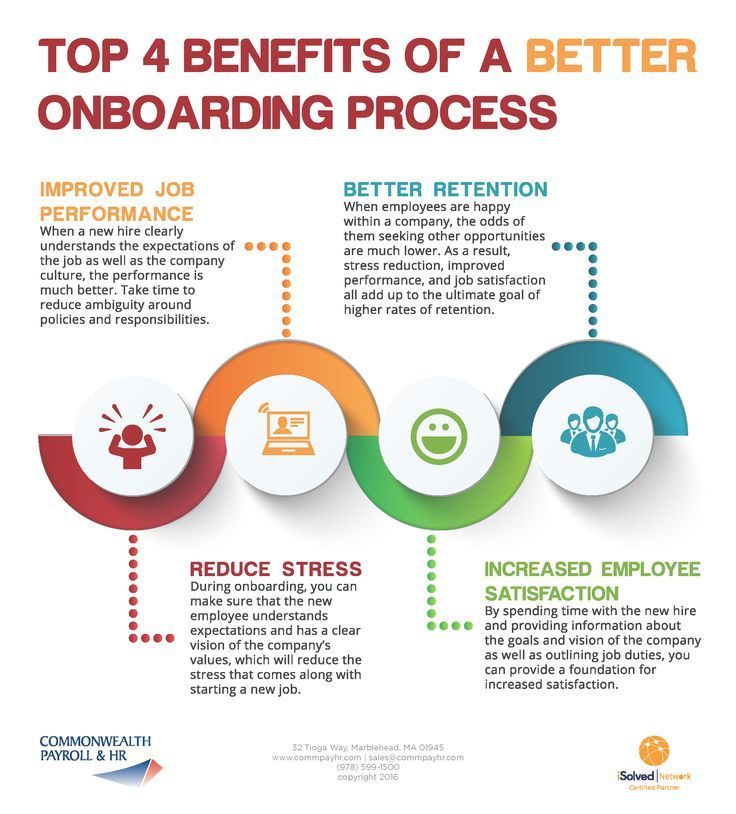 Moreover, sometimes the only one who notices my mistakes is myself. And although the first days at a new job are still stressful for me, it turned out that joining a new team is quite a feasible task. Even for socially awkward introverts. nine0003
Moreover, sometimes the only one who notices my mistakes is myself. And although the first days at a new job are still stressful for me, it turned out that joining a new team is quite a feasible task. Even for socially awkward introverts. nine0003
So what do you need to do to fit into a new team? How to feel confident if the situation is not conducive to it?
1.
Accept temporary difficultiesYou will feel out of place - you can't do without it. Even if you have everything in order with soft skills and you are the soul of the company, it still takes time to remember the names of colleagues and understand the processes. Personally, the first days are the hardest for me to deal with stress. Therefore, when I start a new job, I lower my expectations of myself for a while. nine0003
I know I won't do anything great the first week, simply because most of the time I'll be worried and aware of what's going on. On the very first day, I skip lunch because I'm too nervous, and then I go home on cottony legs. My adaptation always goes like this - I know about it and one day I made a strong-willed decision to just put up with it. There is no escape from this, this is my usual path to assimilation - and there is no other way. So I will go this route. It will be uncomfortable, but one day the bumps will end - and somehow imperceptibly for me. nine0003
My adaptation always goes like this - I know about it and one day I made a strong-willed decision to just put up with it. There is no escape from this, this is my usual path to assimilation - and there is no other way. So I will go this route. It will be uncomfortable, but one day the bumps will end - and somehow imperceptibly for me. nine0003
Accept temporary difficulties - this way you will save energy that would otherwise be spent on worrying about how you look from the outside.
2. Observe
So, in the early days, I reduce the demands on myself and do two things: observe colleagues and digest information. That is, I, of course, do not eavesdrop and do not look over my shoulder at other people's monitors. I just look around, listen - and draw conclusions.
That way I learn a lot of important things. Is it customary to speak formally and to the point here, or can you put a couple of slang words into speech and tell a story from life? How is it customary to celebrate a birthday: bring a cake, invite everyone to a business lunch at the nearest cafe, or order pizza? Do they bring souvenirs from vacation, and if so, is it a couple of bottles of wine for everyone or a fridge magnet for everyone? Are there people in the company who are openly liked or disliked? For what? nine0003
Watch, and in a few days you will understand at least a little how everything works here.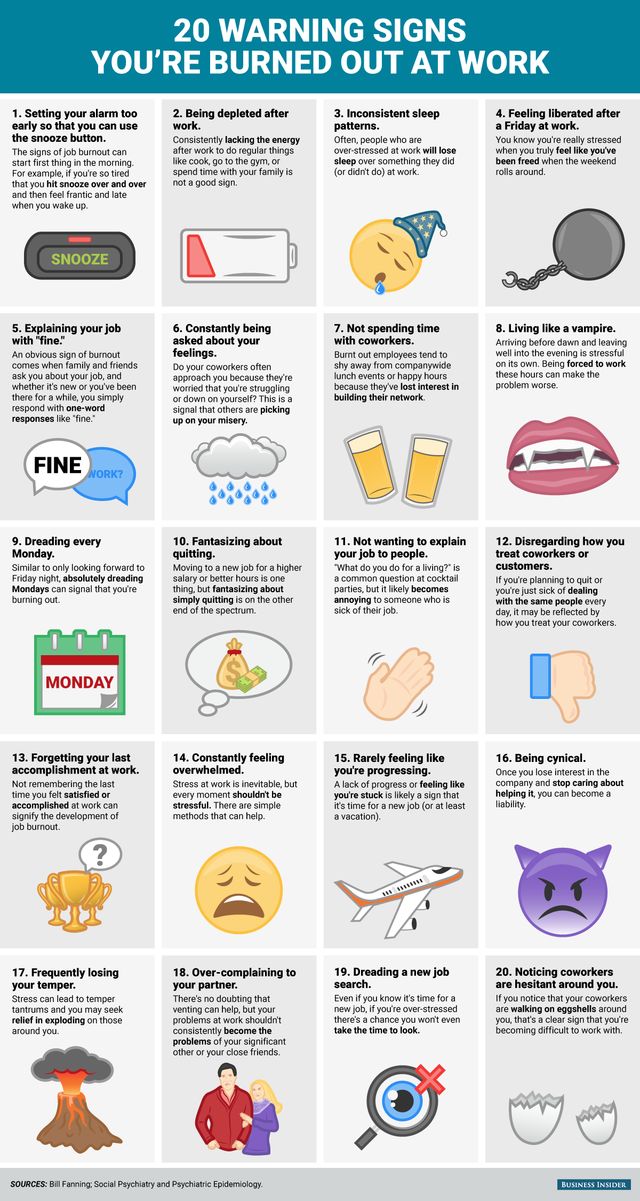 Knowledge about colleagues will be a bonus. You will understand who is a lover of order here, and who is an office rebel; distinguish talkers from silent people, silent people from bullies, and at the same time identify potential friends for yourself.
Knowledge about colleagues will be a bonus. You will understand who is a lover of order here, and who is an office rebel; distinguish talkers from silent people, silent people from bullies, and at the same time identify potential friends for yourself.
3. Ask and ask again
I'm constantly worried about how I look from the outside, and I'm afraid to seem stupid. In a state of stress, anxiety increases. Before asking any (even the most necessary) question, I hesitate, I say it to myself and wonder if it's worth it. In the end, of course, I ask - and not one question, but a whole bunch. nine0003
At first it is hard for me to ask for help, but then, along with other difficulties, I accept this one. There is nothing on Google about the processes or traditions in a particular team, but I need this information in order to do my tasks well. It remains only to ask colleagues. It is worth switching this toggle switch in your head - and embarrassment disappears.
The need to ask again stands apart in this topic. It can be difficult for me to admit that I did not understand the answer, but ... you also need to go along this road. If you are embarrassed to ask again, it is important to notice this feeling and negotiate with yourself. In the end, what would be better: to remain silent, not to seem stupid and at the same time not to learn something important, or to ask again, even if it’s embarrassing for me? The second option always wins – both when I didn’t catch the name of a new colleague, and when I didn’t understand the technical details. nine0003
And besides, if you ask a lot of questions, then you care. Everyone will like your indifference.
4. Try to be social - just a little bit
I know it doesn't sound very good. And yet, I warmly recommend stepping into fear and inviting colleagues to dinner or offering them help with something worldly. If colleagues invite you somewhere, agree too. While you are eating or erasing notes from the board together, the conversation starts by itself - and now you have already forgotten why, in fact, it was embarrassing. Here we make a small reservation: choose neutral topics and do not rush to tell how bad it was at your last job. Better discuss something safe like movies or pets. nine0003
Here we make a small reservation: choose neutral topics and do not rush to tell how bad it was at your last job. Better discuss something safe like movies or pets. nine0003
5. Don't try to impress
The advice seems to be illogical, but I'll explain everything now. Every time I want to impress someone, it doesn't end well. I begin to closely follow my every movement, word, position in space, and because of this I become even more constrained. Therefore, no casual jokes and fresh ideas for you - just a robotic “Ha. Ha. Ha." and unnaturally long pauses.
In the early days, I am overcome by the desire to show how much and how well I work. “Now I’ll write a business plan in a day” or “I’ll organize a conference in a week.” By the age of 25, I learned to answer myself just as cheerfully: “You can’t organize. Or you organize, but it will turn out to be complete nonsense. ” No need to take on a bunch of tasks and heroically sit on them until midnight. Nobody expects this from you. In addition, to raise the bar at the entrance is short-sighted. Everyone will think that you can work for five, and they will expect just that from you. The case will end with overtime, persistent fatigue, or something else equally unpleasant. nine0003
In addition, to raise the bar at the entrance is short-sighted. Everyone will think that you can work for five, and they will expect just that from you. The case will end with overtime, persistent fatigue, or something else equally unpleasant. nine0003
Do not try to be seen by your superiors in the first days, impress others with your wit and efficiency. Better set yourself another task - not to exacerbate your stress.
6. Don't lie
My first job taught me this. In an attempt to make small talk, a new colleague asked if I was familiar with the work of Leni Riefenstahl. I lied and answered “yes” so as not to sound stupid. Then he began to discuss her propaganda films with me, but, as you understand, nothing came of it. After that conversation, I watched both Olympia and Triumph of the Will, and at the same time I remembered: it’s better not to lie at a new job. nine0003
Do not embellish your skills, do not exaggerate your experience - after all, they will believe you and give tasks that you cannot cope with.